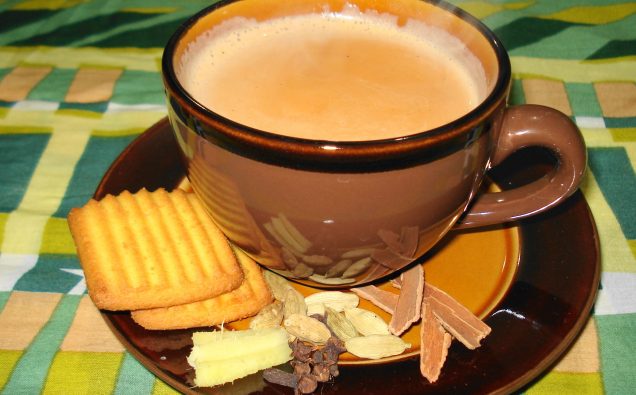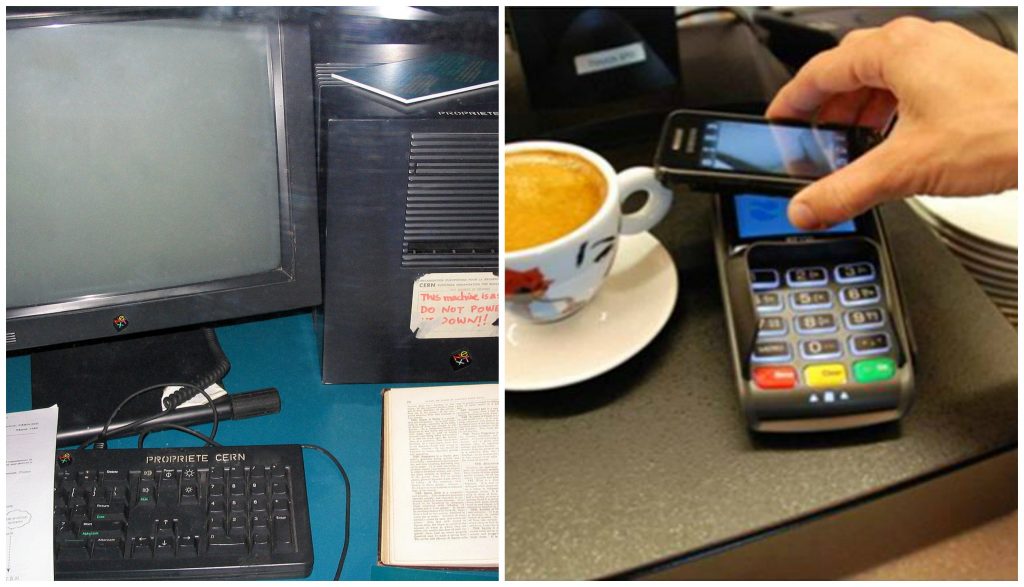
Photo: Miansari66/Wikimedia Commons
So, what does taking tea do to awaken sleepy senses, turn on a rusty mind or even overcome a brain freeze?
In short, how does drinking tea stimulate thinking and help creativity?
A team of researchers in China – home to a variety of tea brands since ancient times – set about finding the link between tea and creativity recently.
Their experiment tested hypotheses with the knowledge that two biological ingredients, “caffeine and theanine, have beneficial effects on attention, which is an indispensable part of cognitive function.”
As published in journal Food Quality and Preference, Yan Huang of Peking University’s School of Psychological and Cognitive Sciences conducted research through two tests involving 50 students with an average age of 23.
The students were offered black tea or water at drinkable temperatures of 42 °C and randomly allocated into two groups.
Here is what the two tests sought: in the first test, participants were asked to build an “attractive” design of a construction out of building blocks; in the second test, the participants were tasked with coming up a “cool” name for a fictional noodle restaurant.
The results showed that “tea consumption improved performance in block building, which is a spatial creativity task,” and the second test showed that those who drank tea received “higher scores in innovativeness” in naming the restaurant.
“We found drinking tea can promote performance in divergent thinking creativity.
“Drinking tea induced higher creativity performance in spatial cognitive task compared to drinking water,” authors say of the research, seen as an attempt to empirically prove that tea quickens creativity.

Photo Credit: Coolcaesar at the English language Wikipedia via Wikimedia Commons
Photo for Cell Phone By HLundgaard (Own via Wikimedia Commons
The team of researchers, however, “did not identify the role mood plays as the mechanism in the relationship between tea and creativity.”
But previous studies have shown that tea consumption boosts creativity by “inducing a positive mood.”
So, as suggested by researchers, it could be a combination of both psychological and physiological effects, such as aroma of a particular brand and the act of drinking the beverage that produces a burst of brainpower and lends drinkers an extra positive creative mood to think, focus and perform better.
The various factors may explain why the exotic beverage is the second most consumed drink after water.
Knowingly or perhaps unknowingly, I am already grabbing another cup of tea, and like many of us, take it as a staple part of daily life to be better at my job.
















